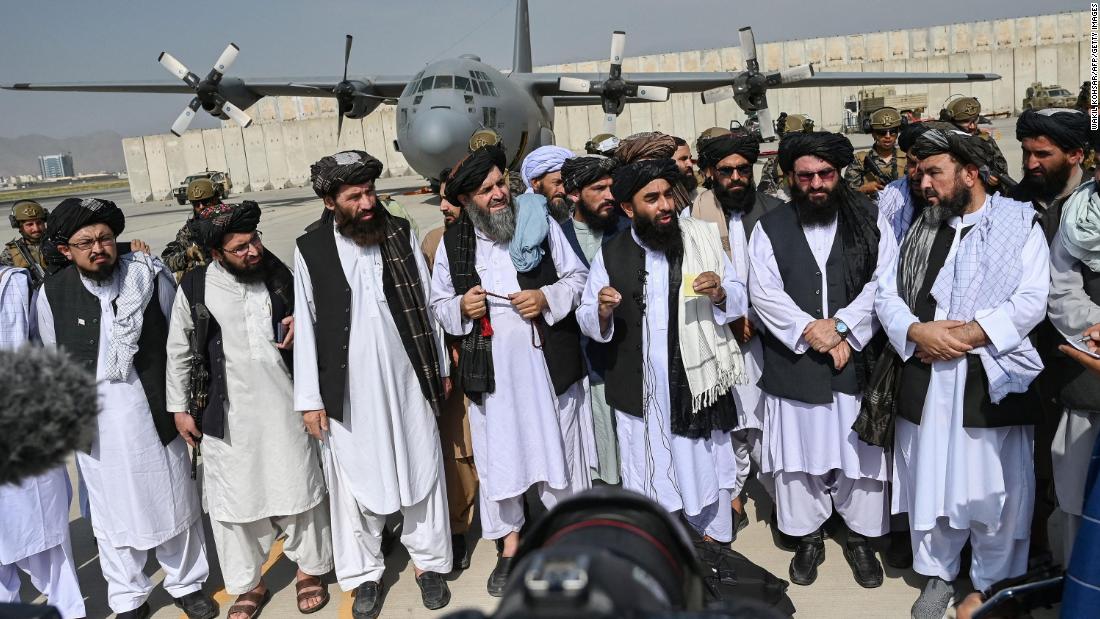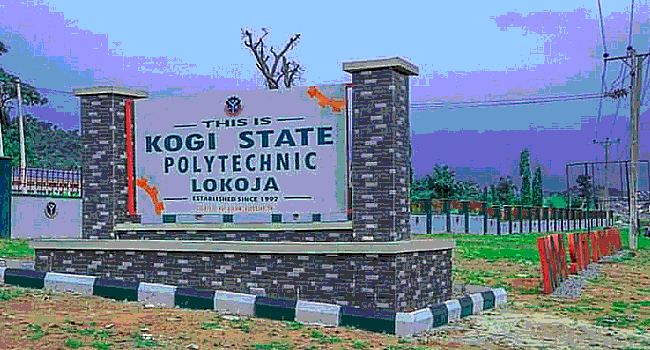Channels
In a bid to bring the protracted Boko Haram conflict to a finite end, various approaches have been applied and a myriad of inferences abound, even as counterterrorist and counterinsurgent measures fail to yield desired results.
It’s been 12 years of terror, tens of thousands have lost their lives and millions have been displaced; never would one have thought that the nation will consider offering amnesty to the individuals who maimed, kidnapped, and killed innocent citizens, spreading dismay and fear, especially within the North East.
However, that option is now on the table. This approach has even become more pronounced following the massive surrender by Boko Haram fighters, recently.
The amnesty exercise for “Repentant Boko Haram Members” has had its dogged critics and its prominent advocates, including the Catholic Bishop of Sokoto Diocese, Matthew Kukah, and Senate President Ahmad Lawan who believe that the recent surrender of Boko Haram insurgents is a welcome development which should be encouraged.
Beyond the debate for and against the exercise, here are 11 questions that many Nigerians need answers to.
Do the people really want them back?
Knowing the magnitude of damage that these terrorists have caused Nigerians over the years, there are some who ask if “I am sorry” will be enough to bring the people consolation.
How genuine is their surrender?
For those who have asked this question, the matter is simple; how can we be sure that the recent surrendering that has been witnessed is genuine, knowing that the Boko Haram war is not just a physical conflict, but a battle of ideologies. How soon will they go back to their rebellion?
What are the downsides to handing out the olive branch?
While it would seem that the amnesty exercise gives the nation an extra chance at ending the insurgency in no distant time, some are concerned that we have not weighed the negatives that can come from pardoning these terrorists who have prosecuted this war for about 12 years.
For instance, if this is a subtle way to get back into communities, are we ready for the damage they can cause? Another damage envisaged includes lasting hostilities between the communities and the penitent terrorists.
Will they be trained abroad?
This question was expected, in that, the first major amnesty exercise in Nigeria was handed to the Niger Delta Militants and asides monies paid, there were programmes for a good number of militants to be trained abroad.
Perhaps the argument here is that the militants were said to be fighting for the destruction of their lands and the suffering of the region following oil explorations, while the Boko Haram’s war is purely against western education, an idea which many have described as barbaric at best.
So the question is will these fighters who have “no real course” be allowed to train abroad while those whose lives have been shattered by their deeds are left without schools?
Why is amnesty a priority at this time?
Senator Ali Ndume is perhaps the chief quizzer on this one.
In a recent interview, the lawmaker who serves as Chairman of the Senate Committee on Army was of the opinion that it is only when the war has been won that we can begin to think about those who come out to surrender.
According to him, handing the terrorists an olive branch at this time will only encourage others to join the sect. He said having the exercise at this time is, at best, a misplacement of priority.


